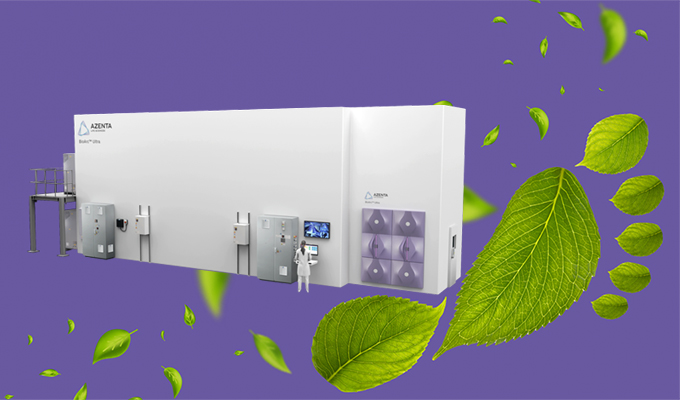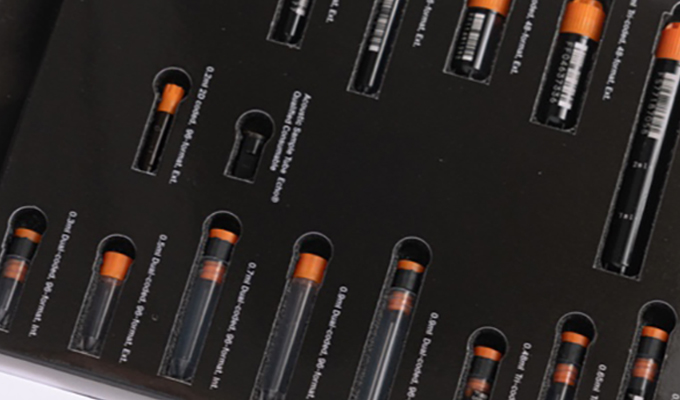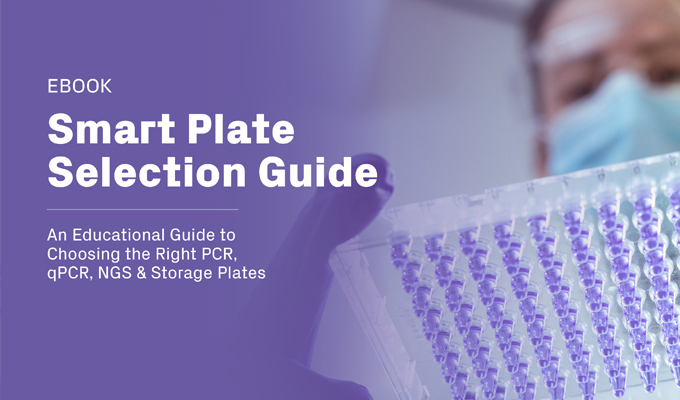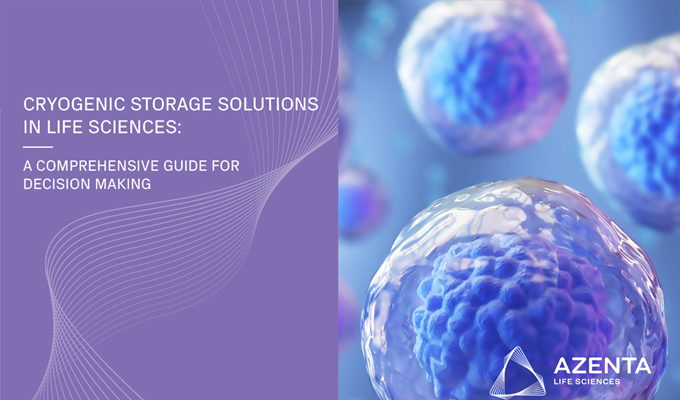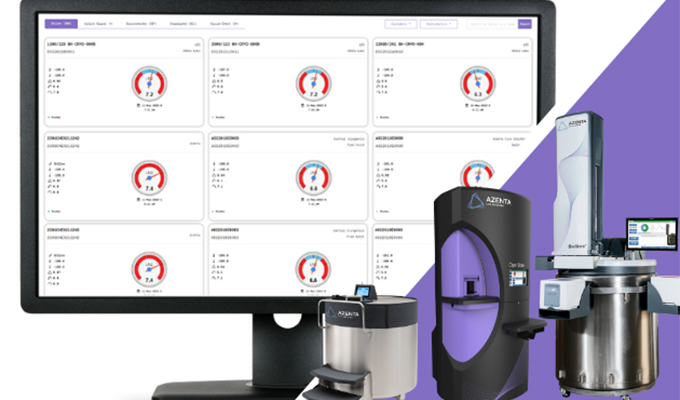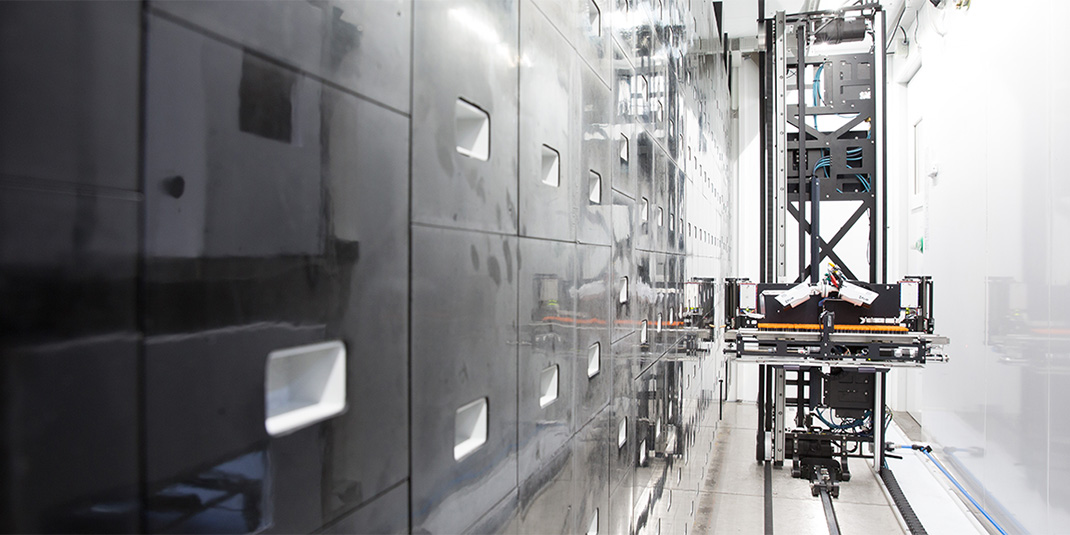Modern biomedical research relies on a large variety of high quality biospecimens, annotated with precise and detailed metadata. Consequently, biorepositories must secure, and convey to their customers, excellence in all of their operations. Enter two biobanking accreditation and certification programs that include external review.
Ensuring High-Quality Data from Biobanked Samples
Garbage in, garbage out. In all scientific research, this is the number one mantra delivered to students by capable instructors. For good reason. No experiment can produce data that would allow meaningful conclusions if the material used in the test was flawed in ways unknown to the scientist. It is therefore not surprising that customers of biobanking facilities are very concerned with, and sometimes skeptical about, the quality of the procured samples.
This poses a challenge for biorepositories. In addition to ensuring efficiency of their operations they also have to earn their customer’s trust. How can they instill confidence to customers that the facility’s operations are failsafe and top notch? Accreditations or certificates that require evidence of proper training programs, confirm adherence to best biobanking practice and include reliable documentation would be a good start. Luckily, these now exist. A recent review by leading scientists in the biobanking field examines the separate approaches taken by the Canadian Tissue Repository Network (CTRNet) and the College of American Pathologists (CAP) to secure and authenticate the quality of the operations of biobanking facilities. 1
The two programs have a different approach to certification requirements, but share one key element – the assessment of biobanking operations by an external review. Such an external review is the hallmark of the latest generation of biorepositories on an evolutionary path that started in the 1980s with the advent of molecular biology in health research. These early, first generation, biobanking facilities underwent a qualitative leap into a second generation when the –omics era revolutionized medical research in the early 2000s. Now, however, as research moves on to go more and more global, a new focus has emerged – that of standardization between different biobanking facilities, requiring external oversight – and biobanking 3.0 was born. 2
Biobank Certification Programs
So how do these two different certification programs work? The CTRNet Biobank Certification Program is basically built on four cornerstones. First, information about the biobank is submitted to a registry, which allows classification and determination of education and documentation requirements through a standardized, refined decision tool3 that considers scale, user type, data format and leadership of the biorepository. Second, a comprehensive biobanking education course is completed that ensures proper training of biorepository personnel. Third, self-assessment is required against the CTRNet best practice guidelines to identify any problematic areas in biobanking operations. Fourth and final, an external peer assessment is performed to guarantee compliance with required best practice operational procedures. The first two cornerstones (the registration component of the program) were launched in 2011, and the final two (the certification component) went live in 2013. To date, over 100 biorepositories have participated in the program, about one third of which are located outside of Canada.
The US-based CAP Biorepository Accreditation Program is based on standards, which are evaluated by a set of checklist requirements that is continually developed and modified by biorepository experts and specialists from CAP’s other accreditation programs. Guidelines and best practices of multiple relevant societies and institutes such as ISBER (International Society for Biological and Environmental Repositories) 4 or the Biorepositories and Biospecimen Research Branch of the National Cancer Institute 5 are incorporated into the checklist, and new versions of the requirements are issued annually by the Biorepository Accreditation Committee. Since biorepositories are very diverse, the program has a very broad scope and biobanking facilities apply for accreditation based on the character of their activities, with specific requirements tailored for specific activities. Checklist requirements are classified according to their impact into phase I (no direct impact on health and safety of patients, clients or personnel) and phase II (direct impact). Importantly, the program incorporates external peer evaluation by inspectors that work in the same field and are formally trained by CAP. The accreditation program is on a 3-year cycle with an external inspection in year 1 and subsequent annual self-assessment and CAP-led discussion of the findings. Launched in 2012, there are currently 42 US-based biorepositories that are fully CAP BAP accredited, and 13 more are actively pursuing accreditation. Here at Azenta Life Sciences, we are proud to have been CAP-BAP accredited since January 2013.
The Importance of International Standards
Undoubtedly, these programs are huge steps into the right direction, but given the increasingly global character of modern research, international standards are highly desirable. Luckily, there is an organization that develops such standards – the International Organization for Standardization (ISO). Several of the standards crafted by this organization can be, and already are, applied to the biobanking field. An example is ISO 9001:2015 (Quality Management Systems – Requirements) – based on this standard, Azenta Life Sciences recently obtained a National Quality Assurance (NQA) Global Assurance Certificate for the US and the UK. In addition to this and similar ISO standards, increasingly desirable and eagerly awaited unified international biorepository-specific guidelines are currently being developed. 6
Building Trust and Improving Quality in Biorepositories
Meanwhile, biobanking facilities in North America (and elsewhere) have the option to get certified according to one of the two programs outlined above. Such accreditation will establish a higher level of trust with customers, and improve the quality of the biorepository operational procedures. Given the big diversity of biobanking functions, it is challenging to craft a precise framework of international standards that cover all these operations, but necessity usually sparks ingenuity, and we here at Azenta Life Sciences support and welcome these efforts wholeheartedly.
References
- Barnes RO, et al. The Canadian Tissue Repository Network Biobank Certification and the College of American Pathologists Biorepository Accreditation Programs: Two Strategies for Knowledge Dissemination in Biobanking. Biopreserv Biobank. 2017; 15(1): 9-16. https://www.liebertpub.com/doi/10.1089/bio.2016.0021
- Simeon-Dubach D & Watson P. Biobanking 3.0: Evidence based and customer focused biobanking. Clin Biochem 2014; 47:300–308. https://www.sciencedirect.com/science/article/abs/pii/S0009912013006036?via%3Dihub
- Watson PH & Barnes RO. A proposed schema for classifying human research biobanks. Biopreserv Biobank 2011; 9:327–333. https://www.liebertpub.com/doi/10.1089/bio.2011.0020
- International Society for Biological and Environmental Repositories. Best practices for repositories—Collection, storage, retrieval, and distribution of biological materials for research, third edition. Biopreserv Biobank 2012; 10: 81–160. https://www.liebertpub.com/doi/10.1089/bio.2012.1022
- NCI Best Practices for Biospecimen Resources. Washington, DC: Biorepositories and Biospecimen Research Branch, National Cancer Institute, National Institutes of Health, U.S. Department of Health and Human Services; 2016. https://biospecimens.cancer.gov/bestpractices/2016-NCIBestPractices.pdf
- Furuta K & Schacter B. Report on status of ISO276/WG2 on biobanks and bioresources: International standards for biobanking. Biopreserv Biobank 2015; 13:452–453. https://www.liebertpub.com/doi/10.1089/bio.2015.29041.kf
About the Guest
Kathi Shea

Kathi Shea is the Senior Director of Repository Innovation at Azenta Life Sciences. She has served on the ISBER Board for 8 years in various roles, including Director, Secretary Treasurer, and President. She has 30 years of experience leading biorepository programs and advising organizations on the design of biorepositories and quality systems as well as optimal methods for collection, preservation, and annotation of biospecimen collections.
